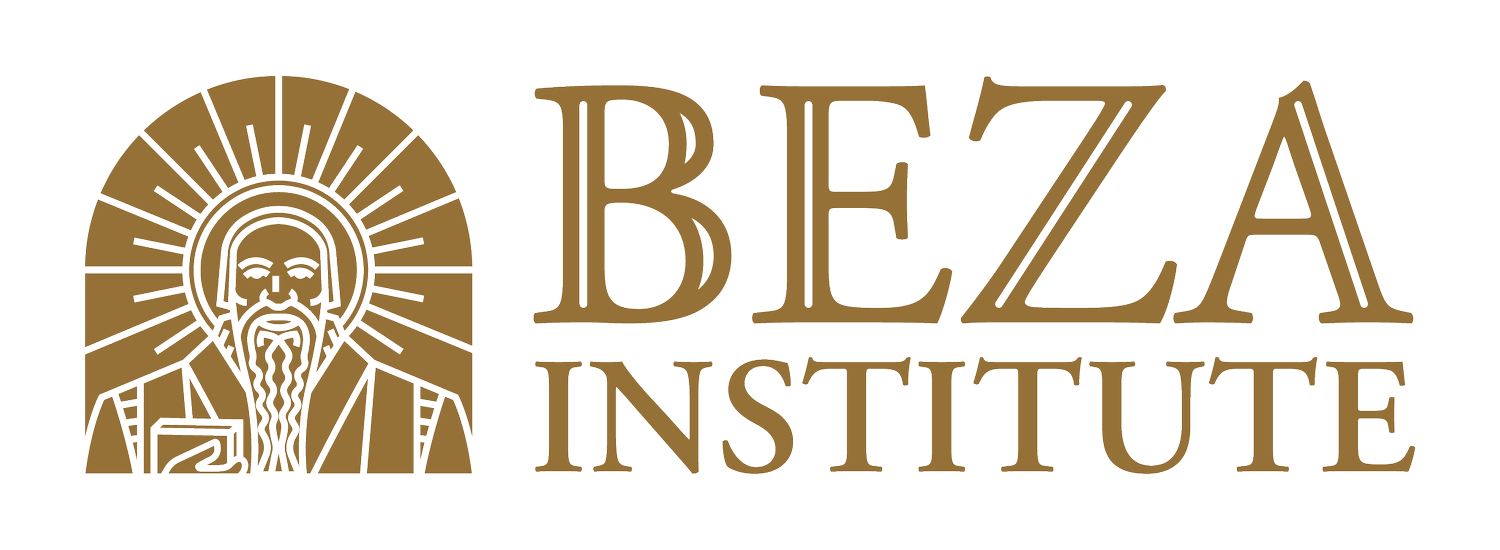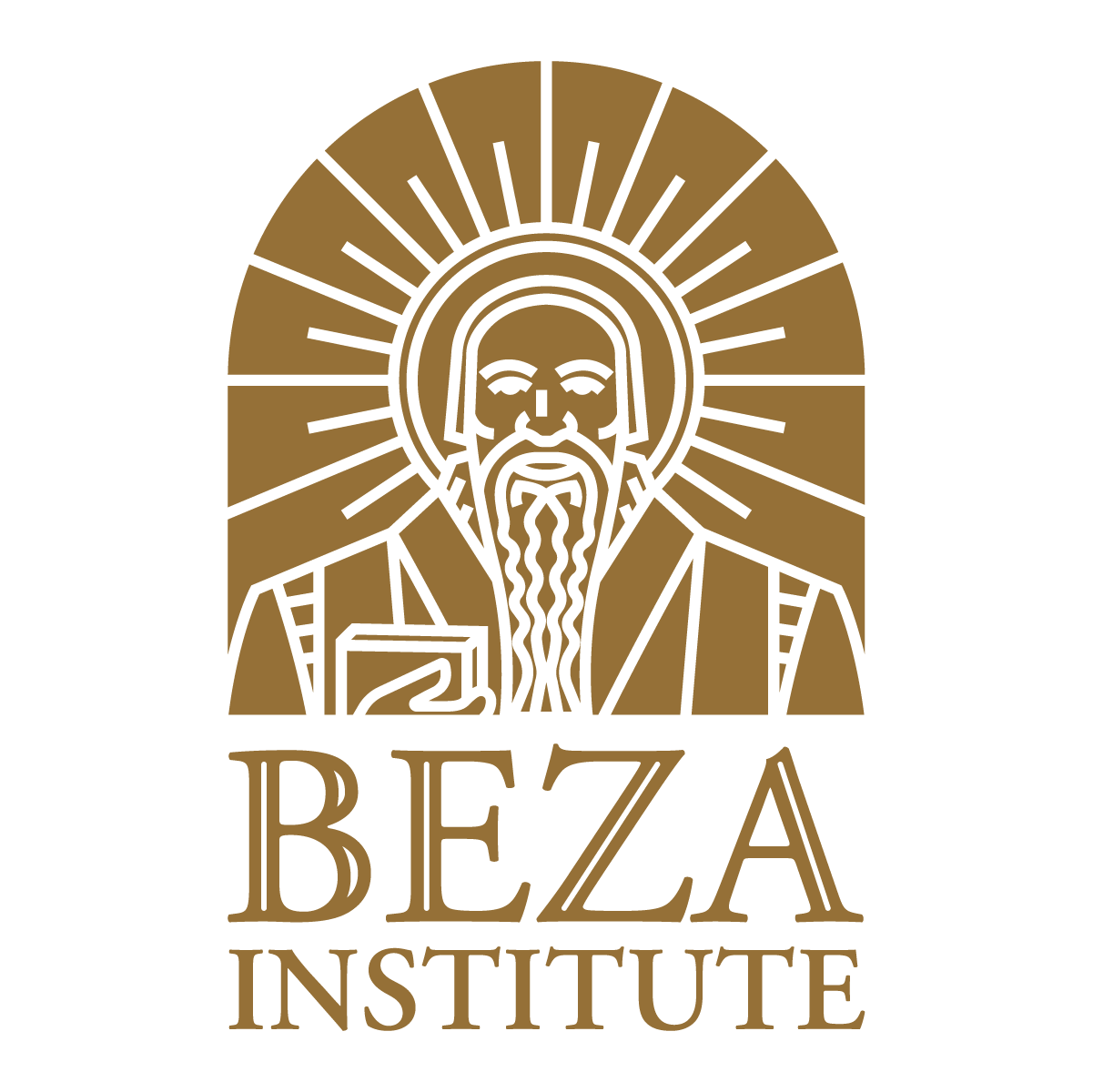The Necessity of Questions
Most of what I learned studying journalism as an undergraduate sat dormant for years. After I stopped freelancing and quit writing website content, I didn’t think much about preparing for interviews or asking follow-up questions. I was busy reading picture books and listening to piano practice. But then, I became a teacher. I got back into the business of asking questions.
We often say in classical circles that we provide the education that teaches students how to think, not what to think. When I first heard that mantra fifteen years ago, my mind raced and my heart beat faster. Classical education was taking back thinking. We were the movement that created intellectuals.
But how does classical education create intellectuals? Intellectuals must be able to think, so how do the teachers and parents at a classical school define what it means to think? Well, we begin with the nature of inquiry, and pretty quickly thereafter, we’ll get to the necessity of questions.
However, not all questions are created equal. There are different types of questions, and there are better ways to formulate questions.
When I started spending most of my working hours asking questions again, I began to hear bad questions everywhere. From the reporter who asks the Olympian how it feels to win, to the employee behind the counter who cannot formulate a follow-up question, our culture has become unskilled at the give-and-take of dialogue. We’re just plain bad at conversation.
Unfortunately, parents are often just as unpracticed. We struggle because we are having very personal conversations about things that are often high stakes with people we love. We are overly worried, overly distracted, overly angry, overly frustrated, and overly invested in the outcome of the conversation.
And what we’re worried about, or what we’re afraid of, will keep us from participating in a genuine conversation. Because a conversation develops over time, questions are required to create movement forward. That movement depends upon asking good questions, and good questions depend upon one’s ability to listen.
The longest-serving tutor at St. John’s College in Annapolis, Eva Brann, has said this about the power of question: “A genuine question is, when still within the questioner, an expectant vacancy, a receptive openness, a defined ignorance, and, above all, a directed desire of the intellect” (Paradoxes of Education in a Republic). Questions are important because they create a vacancy and express a directed desire. Maybe our conversations with our children would sound different if we demonstrated greater openness. An openness that comes from understanding our ignorance, expressing our desires, and creating a generous vacancy between ourselves and our children.
So, how can we learn to ask questions that create a vacancy? How do we begin to practice the art of conversation with our children?
When I talk to teachers about asking questions, I begin by sharing with them a concept from Mortimer Adler’s “Paideia Proposal” where he describes three types of learning. I go on to explain that each type of learning requires a different type of question. Some questions are asked just to make sure that a student attended the lesson. Some questions intend to build intellectual habits. And finally, some questions encourage contemplation of ideas and values. All three types of questions are important, and each has its place in conversations with our children.
Parents, like teachers, should be asking all three types of questions. We should be invested in the art of conversation, and we should be invested enough to create that vacancy Brann describes.
Parents can ask questions like teachers (or journalists). Paying attention and tailoring your follow up question appropriately is key. Ask questions like: What do you mean by that? Can you give me an example? Why do you think your teacher used that analogy? How do you know that’s true? Where in the text are you getting that from? If we follow that logic, then what happens next? What are the consequences for X if that happens? (Substitute X with anything from men, women, family, or the church to your child’s favorite performing artist, athlete, or hobby.)
Skills of critical thinking are formed (intellectual habits) when we ask for our students and children to provide examples, evidence, and analogies. Habits of humane thinking are formed when we ask them to consider the philosophical, theological and moral implications of the claims they are making. All of which happens only after we actually listen long enough to know what it is that they are thinking. This may mean we ask some clarifying questions that help them define their terms and put their thoughts into something akin to a logical syllogism.
Parents are teachers. They can imitate effective teacher moves to formulate better conversations with their kids. They can join their children in the pursuit of intellectual virtue. They can ask better questions.

